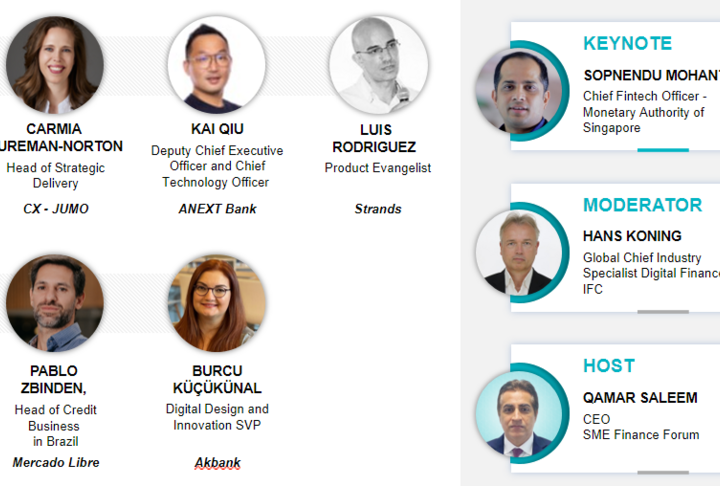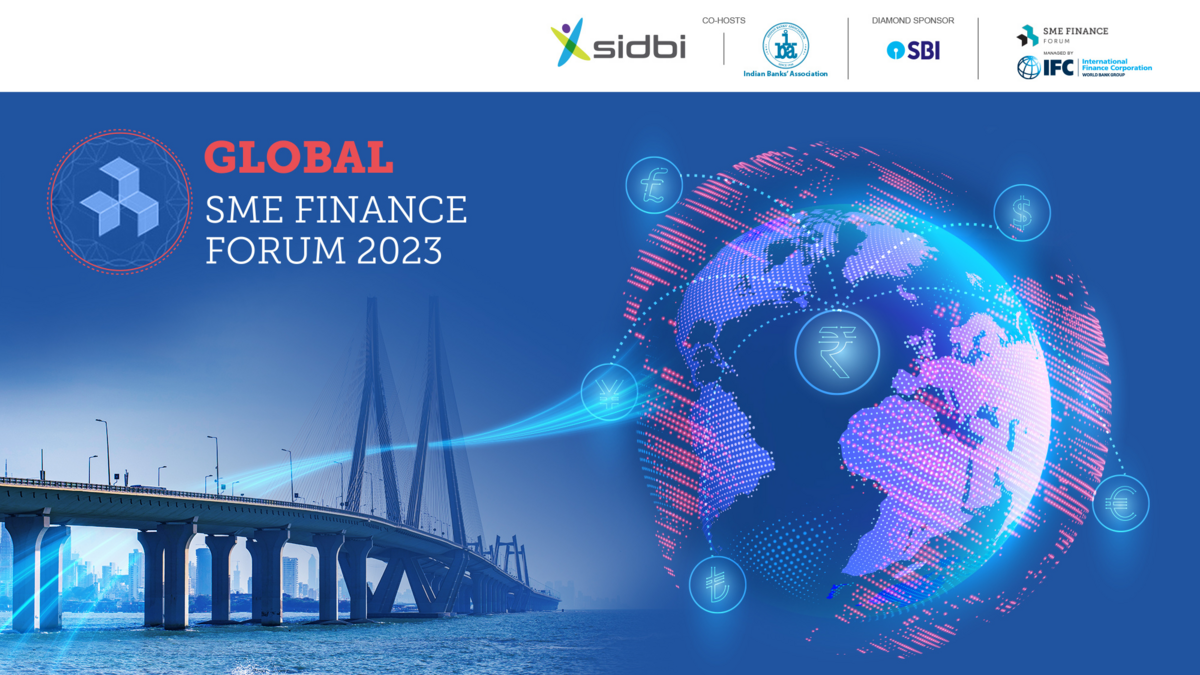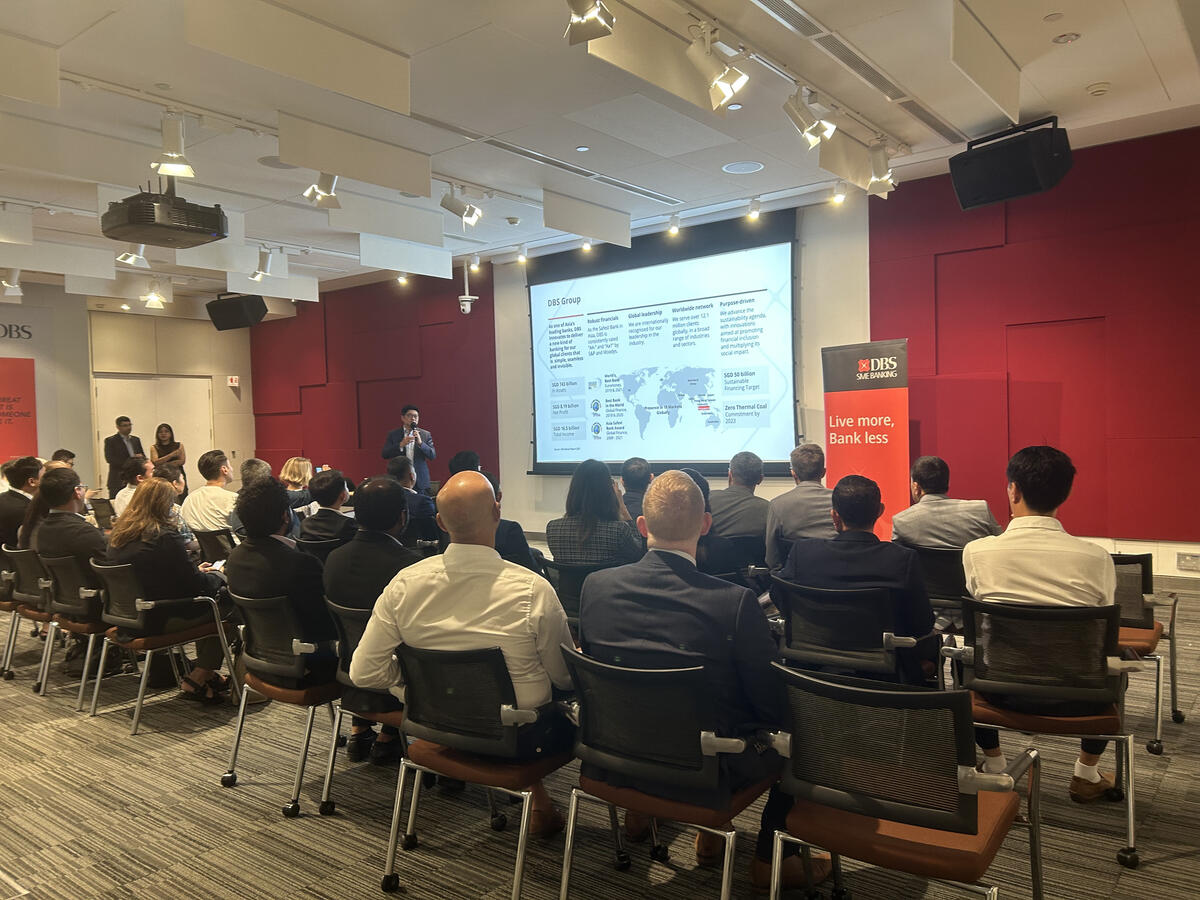Blog
SME Finance Virtual Marketplace - Empowering SMEs with Simplified ESG reporting Fintech Solutions

During our latest Marketplace on May 21st, the fintechs who were invited highlighted the tools they provide SMEs to help them gather and report ESG data more efficiently. Those solutions range from ESG reporting software, to data integration and collection tools, and monitoring and tracking software.
The Role of GB-TAP and IFC in Supporting SMEs
The Green Bond Technical Assistance Program (GB-TAP) was launched in 2018 to promote green, social, and sustainability bonds in emerging markets. Over six years, GB-TAP has trained over 202,000 professionals from 360 financial institutions across 80 developing countries and facilitated over 130 bond issuances worth $20 billion. Many of these institutions are key lenders to SMEs and are critical in enabling SMEs to adopt ESG practices. IFC’s Global SME Finance Facility and the World Bank’s Compact with Africa Business Fund are also supporting ESG Integration.
ESG is no longer optional for SMEs, it has become an imperative. While regulatory requirements like the EU CSRD and TCFD primarily target large corporations, the pressure is cascading down to SMEs via supply chains and financial institutions.
Benefits of ESG for SMEs:
Enhances transparency and access to finance.
Builds resilience and competitiveness in global value chains.
Positions SMEs as engines of sustainable economic growth.
Challenges SMEs face:
Limited financial and technical resources.
Fragmented and evolving ESG reporting standards.
Lack of support and guidance on data collection and reporting.
Fintech Innovations Supporting ESG and SME Finance
Cascade: Infrastructure for Data-Driven Lending
Cascade evolved from a Harvard research project into a robust infrastructure for asset-based lending (ABL) in emerging markets.
Key features:
Direct integration with raw data systems (loan management, accounting, bank accounts).
Real-time data validation, reconciliation, and verification.
ESG and impact tracking aligned with IRIS+ and UN SDGs.
Case Study:
Cascade supported an IFC-led credit guarantee deal in West Africa, managing millions of SME loans and ensuring compliance with DFI eligibility criteria.
Greenprint (Gprnt): Simplifying ESG for SMEs
Greenprint is a platform developed by the Monetary Authority of Singapore, that simplifies sustainability reporting for SMEs and addresses the lack of high-quality, trusted ESG data from SMEs.
Solutions:
Enables SMEs to complete disclosures in under 10 minutes.
Automates data collection via government databases and utility bills.
Generates real-time emissions reports (Scope 1 and 2) with transparent methodologies.
Impact: Greenprint is launching a national utility for SME sustainability reporting in Singapore and aims to scale globally through the Global Finance and Technology Network (GFTN).
Project Perseus: UK’s National ESG Data Sharing Initiative
Project Perseus automates sustainability reporting and unlocks green finance for SMEs.
Goals:
Enable green loans through automated ESG data sharing.
Reduce friction and cost across the value chain.
Approach:
Collaborated with 15+ trade associations, banks, and government bodies.
Used smart data legislation to ensure compliance and interoperability.
Focused on electricity data to automate carbon reporting.
Pilot success: Development Bank of Wales issued a green loan using this framework, demonstrating feasibility and scalability.
PALO IT: AI-Powered ESG Impact Tracker
PALO IT offers an AI-powered Impact Tracker, designed to help financial institutions and SMEs manage ESG data.It proposes the following modules:
Environmental (carbon tracking across Scopes 1–3).
Social (impact on workers and communities).
Learning (internal sustainability awareness).
Results (KPI tracking).
Governance (transparency and ethics).
Case Study: KBank in Thailand adopted the platform to support 2,600 SMEs by 2028, starting with carbon reporting.
Business model: Banks can monetize ESG services and improve credit scoring using ESG data.
Six Point Capital: Financing Fintechs in Emerging Markets
Six Point Capital offers a hybrid model that provides credit and technology to fintechs in emerging markets serving unbanked populations.
Solutions:
Provide non-dilutive financing for loan books.
Use securitization to scale access to capital.
Offer advisory and risk management support.
Technology: Their platform, Axis, manages end-to-end transactions, harmonizes structured and unstructured data, and integrates ESG analytics aligned with UN SDGs.










